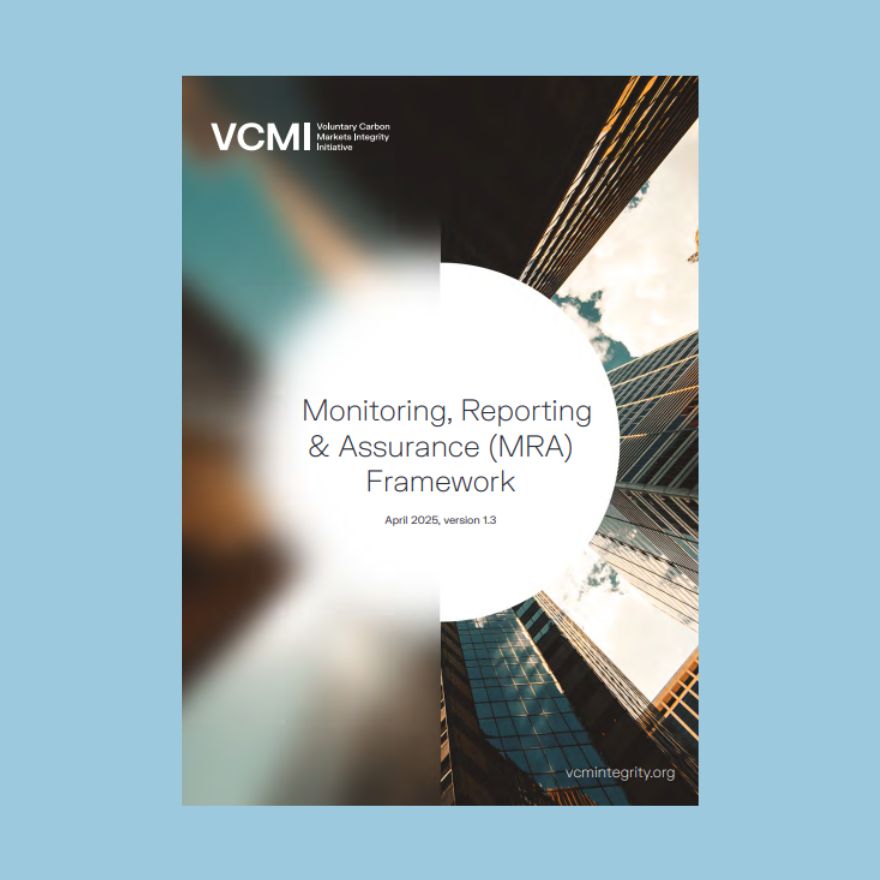Download the Claims Code of Practice
The VCMI Claims Code of Practice is ready for use and companies can directly make claims against it. We encourage all businesses to show ambition, make a claim, and accelerate global net zero. Sign up to our newsletter to receive the latest information and updates.



